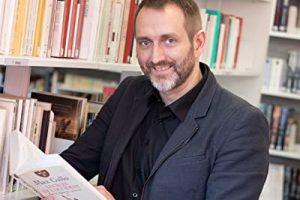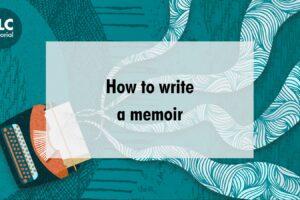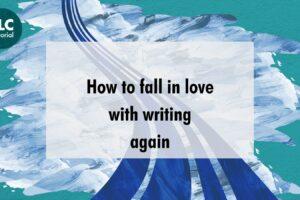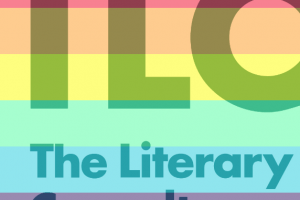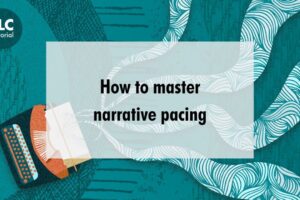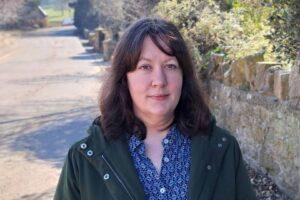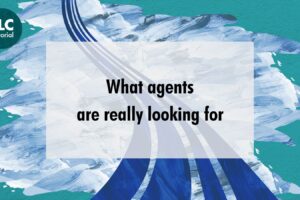In 2018 I achieved my lifelong dream. After several (i.e. many) casual efforts I had sat down, taken it seriously, and written a novel. My science-fantasy epic Vile had not one but three offers from publishing houses. So why did it feel wrong? Why did I make the decision to turn down all three and go Indie? And why was The Literary Consultancy a big part of my decision?
Several of my friends are authors, including one who has been particularly successful and published around a dozen books with two different publishers. He has an agent and goes to signing events; he even has a fan club. Yet he does not make enough money to quit his day job. You can find his books in any Waterstones but he still goes to work every morning, denying him the time to do what he really wants to do (write, of course – also paint miniatures, which you should try if you think it’s dumb because it’s actually a lot of fun). He achieved the goal of most baby authors – I think we all desire the validation that comes with a publication house – but it had not turned out the way he expected.
So, I was excited by my offers of publication, but more than a little cautious.
The first was a US company. They seemed confident and positive. Then I read the contract. For a moment I thought I should consult an agent, then I remembered I was a barrister – useful thing that. These publishers expected rights not only on all IP I produced whilst contracted to them, but anything I might produce in the future. These sorts of clauses may or may not be common in the States, but I had no intention of giving my rights away. Lesson number 1: If you are not already a contract specialist, get someone to look at the contract. Don’t sign just because you’re excited.
The second was Canadian, and they were lovely, but they were basically a couple working out of their bedroom. That’s fantastic. I genuinely admire the work they do to get people published and I think they would have been nice to work with. Yet they weren’t doing anything I couldn’t do myself. Their offer was the moment I seriously started thinking that self-publishing might be a superior choice. Lesson number 2: No matter how lovely they are (and try only to work with lovely people), ask yourself what added value they are bringing.
The third, however, were a prestigious and well-known British publishing house. Jackpot! This was everything I had been hoping for! I would have signed straight away, for I am vain enough to act rashly in service of my ego, except that their head of marketing phoned me and changed the way I thought about publishing forever.
The joy of Indie publishing is that you can do whatever you want however you want for whatever reasons you want. If you just want your book out there and aren’t trying to build a career, then watch some YouTube videos and go for it. However, if you are trying to build a career as an indie novelist, think about it as a business.
I was in the park watching over two of my children when I got the call, and he spent two hours talking to me about the process of publishing and marketing an unknown author. Basically, they liked my book a great deal, they wanted to see it in print, they were willing to take the risk – but realistically they did not expect it to sell many more than 500 copies. It was a lottery ticket. They would throw it out to as many reviewers and bookshops as possible, and hope someone influential loved it. After three months of this they would give up, pulp the book, and move on to the next ticket.
I was tremendously flattered that they liked the book enough to take a punt, and that they were being honest with me about how it would work. Still, it seemed to me that I was taking all the risks and giving away all control over something of enormous importance to me but of little importance to them (after all, they had to keep moving on to the next author in the hope of winning prizes or getting on Richard and Judy). Then, if, somehow, I got lucky enough to sell, I would be trapped like my friend writing endless sequels to engender the minimum risk for the publishing house.
I am not trying to disparage publishing houses. They operate in an extremely difficult market and many are only ever a few failed publications from going under. Furthermore, if you have no business nous (and many authors do quite understandably feel lost in the side of things) then handing over control of your book may be the best thing for you. I, however, had already run a successful small business. This was not a good deal for anything other than my pride. I am so grateful that this house were honest enough to talk through the pros and cons like that with me – I wish it was appropriate to name them, because I’m sure they take good care of those authors for whom they make it work, and they changed everything.
I don’t write straightforward police procedural or romance novels. I cross genres and I’m not afraid to get philosophical. Vile is about swordfights, explosions and power struggles, sure, but it also explores theories of knowledge, toxic patriarchy and the speed with which people with power resort to violence when threatened. My new novel, Dead Moon, is about post-traumatic stress syndrome (with which I was diagnosed a few years ago), struggling to deal with loss, moral relativity and friendship that survives collapsing mental health (plus starship battles, car chases, and a woman with a gun taking on a tank.) When we recall that Matheson’s classic I am Legend struggled because critics couldn’t handle him mixing science fiction with horror you can see why my novels might not be the easiest sell. If I have any hope of becoming popular, it will be as a cult author, and that will take nurturing and time – two things publishing houses under pressure from supermarkets and Amazon just can’t afford to give.
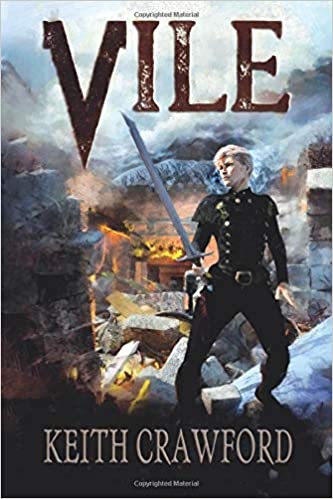
So, why not go Indie? First, I would have to do all the work myself – but it had become clear over that month that the authors do most of the important marketing anyway. Second, vanity (there is nothing wrong with wanting the pride that comes with being published by a major house, by the by). I, however, am old, ugly and arrogant enough to put that aside. Third, and most importantly, working with a publishing house means a quality check: developmental editors, copy editors, marketing teams, and array of people who are there to tell you if your book is shit or not, and hopefully build the sort of relationship with you that helps you write better books.
This was where The Literary Consultancy came in. If I was going Indie then I needed professionals to tell me if the book was any good or not, and how to make it better.
These days there are many, many companies offering services to independent authors. How was I to know if they were any good? First, the decent website helps. Second, they are associated with the Arts Council England – I’d been involved in funding applications way back when I did youth work and knew you had to be above board to get Arts Council funding. Finally, and most importantly, when I emailed, they responded knowledgably, enthusiastically and with lots of good ideas for how I could proceed. There were no stock emails. I straight away felt that these were people passionate about books.
Once we had talked about the book, I was given some recommendations for developmental editors within their stable that would be compatible. After 6 weeks, I received a document that went into significant detail of what did and didn’t work in my book, why, and the sorts of things I could do to improve. It was brilliant. It was painful! I go through a two-stage process with my editor (see, I think of her as my editor now) – the denial phase, where I just change the stuff I agree with, then after a couple days the realism stage, where I make changes everywhere she recommends. My work is always much better for it.
The Literary Consultancy then set me up with a copyeditor, who is amazing. She ensured not only that the grammar and spelling was correct, but that that it was consistent, and that the sentences were as beautiful as they could be. She elevated the entire text. I also found a wonderful cover artist, Claire Peacey (https://cpeacey.wixsite.com/autumnsky), thanks to a recommendation from a friend. If you have not studied art (which, erm, I have – don’t ask, I get bored quickly and don’t sleep much), then please get someone who knows about graphic design to look at your cover.
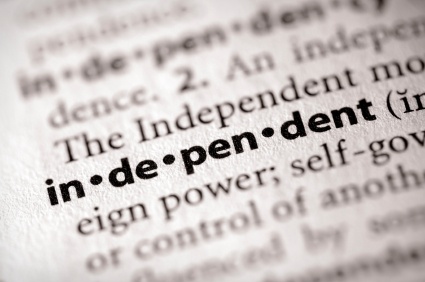
Part of the reason some writers with publishing contracts sneer at Indie authors is that many of us rush in and try to do everything on our own. Are you a cover artist? A trained copyeditor? Even if you were, I defy you to produce a perfect proofread of your own manuscript. The thing I most wanted from a relationship with a publishing house was to work with a group of people who cared enough about my work to make it the best it could possibly be before publication.
The Literary Consultancy helped me build that team. I now have my own publishing house, a team of people who care about my work, and the freedom to write the books I want. I can keep them in print with no fear that the publishers will decide I am not worth the risk anymore. That allows me to take the sort of artistic risks that attracted me to writing novels in the first place. Oh, and I sold more than 500 copies the British house predicted (whilst keeping all the profits for myself) ?. The joy of Indie publishing is that you can do whatever you want however you want for whatever reasons you want. If you just want your book out there and aren’t trying to build a career, then watch some YouTube videos, check out the (very good) Amazon tutorials, and go for it. However, if you are trying to build a career as an indie novelist, think about it as a business. Get people around you who will help you produce the highest quality possible. Treat your work with the respect it deserves. I don’t regret a single pound I’ve spent with The Literary Consultancy, because I can see that value reflected in the reviews, in the sales, and in two books of which I am genuinely proud.


